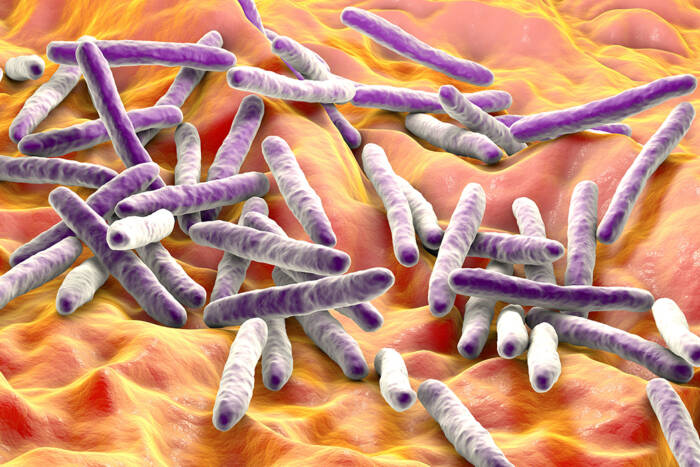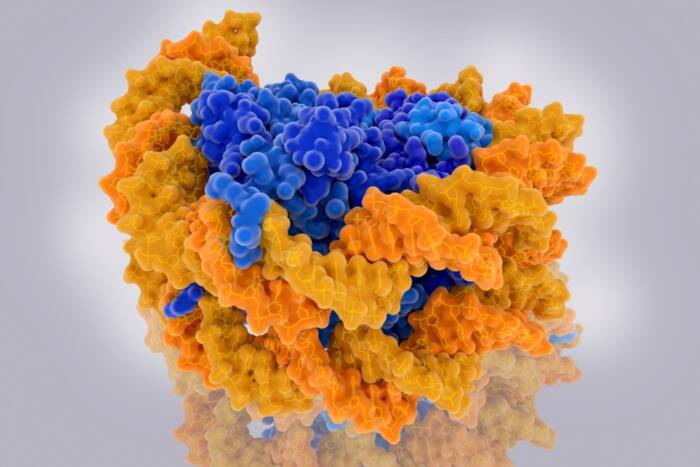Rockefeller human embryonic stem cell lines now available through NIH registry
Two human embryonic stem cell lines, derived by Rockefeller University scientists, are among the first 13 human embryonic stem cell lines for use in research funded by the National Institutes of Health under the NIH Guidelines for Human Stem Cell Research adopted in July 2009.
The two lines, called RUES1 and RUES2, were derived in the Laboratory of Molecular Vertebrate Embryology, headed by Ali H. Brivanlou, in 2005 using private funds provided by the Juvenile Diabetes Research Foundation. The embryos used for the derivation of the lines were originally generated for reproductive purposes and subsequently donated for research purposes following consent of the donors. The stem cell lines were shared with nine different researchers at eight different institutions before an application was filed with the NIH.
“I am very happy that the Rockefeller-derived stem cell lines will now be available to any NIH-supported researcher,” says Brivanlou, who is Robert and Harriet Heilbrunn Professor at Rockefeller. “It is humbling to think that future discoveries by NIH-funded scientists will be based on this primary work done at Rockefeller.”
On March 9, 2009, President Barack Obama issued Executive Order 13505: Removing Barriers to Responsible Scientific Research Involving Human Stem Cells. The executive order states that the Secretary of Health and Human Services, through the Director of NIH, may support and conduct responsible, scientifically worthy human stem cell research, including human embryonic stem cell research, to the extent permitted by law.
Rockefeller University submitted information about the informed consent process for embryo donation to the NIH administrative review process, which confirms that the submissions met specific requirements regarding informed consent for embryo donation as detailed in the guidelines.
NIH press release: First human embryonic stem cell lines approved for use under new NIH guidelines


